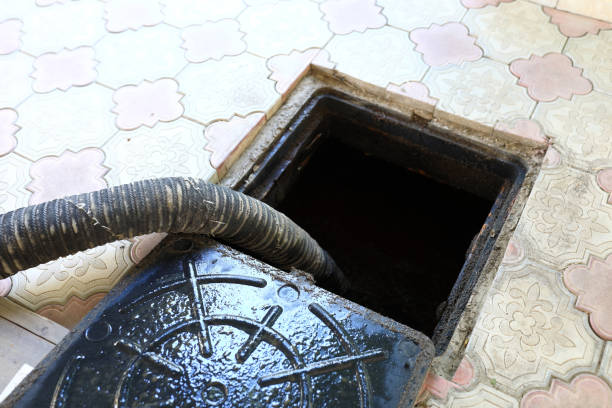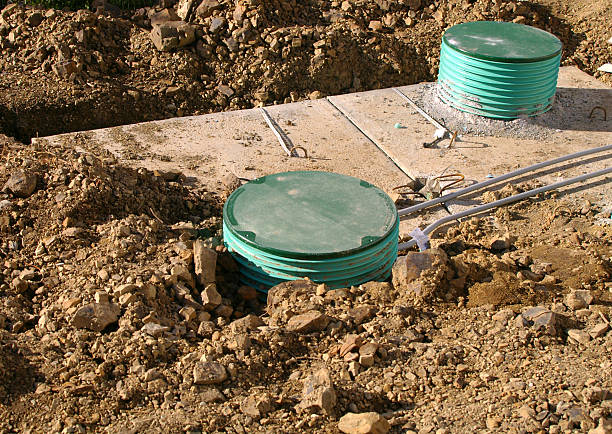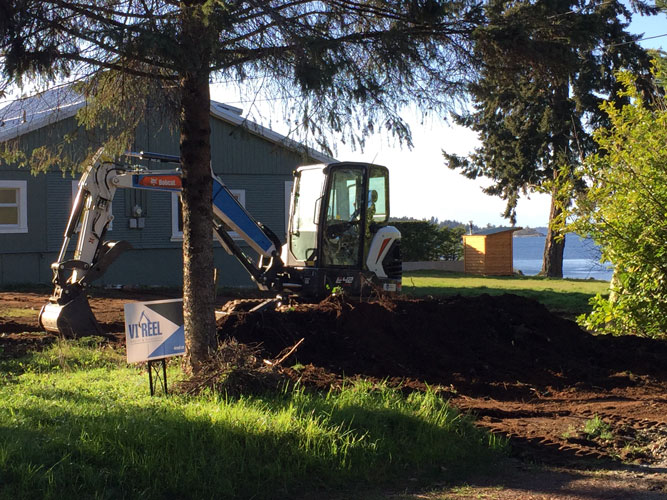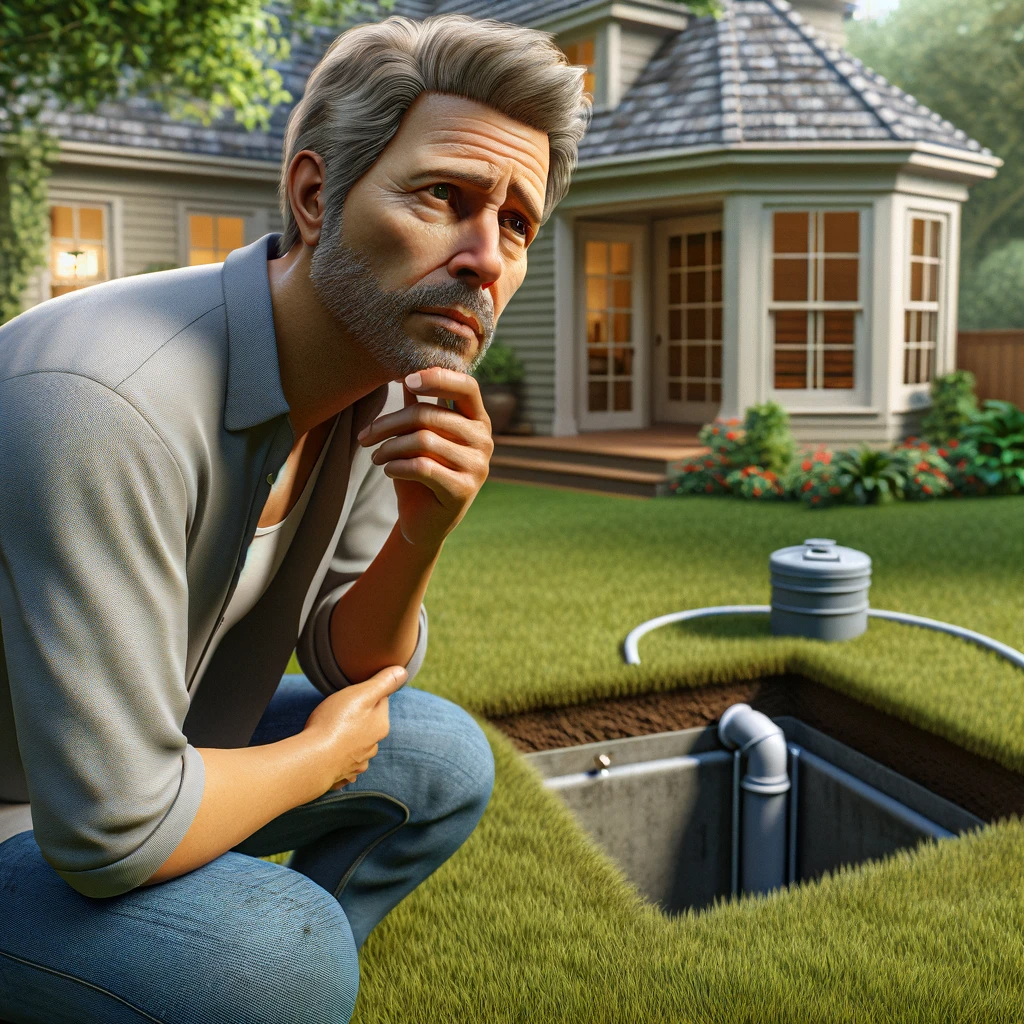If you’re a homeowner on Vancouver Island or anywhere in BC, and you’re dealing with septic installation, repairs, or excavation services, you’re probably wondering the same things most people ask us all the time. Whether it’s your first time getting a septic tank installed or you’re just trying to keep your system running properly, we put together the most common questions (and real answers) to help you out.

1. Is my property even suitable for a septic system?
That depends on things like your soil type, drainage, and available space. A proper site assessment is the first step, it tells you what kind of system you can install and what’s allowed in your area.
2. What’s involved in installing a septic system?
First there’s a site check, then designing the system, getting permits, excavation, installing the tank and drain field, and final testing. It usually takes a few days to a couple of weeks depending on the layout of your land.
3. How often should my septic tank be pumped?
On average, every 3 to 5 years. If you have a large family, use a lot of water, or have a smaller tank, it may need pumping sooner. Regular inspections help you stay ahead of issues.

4. What are the warning signs something’s wrong with my system?
Slow drains, bad smells, water pooling in the yard, or weird gurgling sounds in your pipes. These are all red flags. If you spot them, call someone ASAP to avoid major repairs.
5. What can I do to make my system last longer?
Use less water, space out your laundry loads, don’t flush wipes or grease, and keep vehicles off your drain field. Also, keep up with regular maintenance and inspections.
6. What should I NOT flush down the toilet or drain?
No grease, oil, wipes (even the “flushable” ones), chemicals, or anything non-biodegradable. These things mess with your system and can lead to clogs or damage.

7. Can rain or flooding mess up my septic system?
Yep. Heavy rain can saturate your drain field and slow down how well it filters wastewater. During storms, try to use less water and make sure your yard is graded to keep water away.
8. Are septic systems safe for the environment?
If they’re installed right and maintained regularly, yes. A healthy system treats your wastewater naturally. But if you skip maintenance, it can pollute the ground and nearby water sources.
9. Do I need a permit to install or repair a septic system?
Absolutely. You’ll need permits from local health authorities or your regional district. A licensed professional can help you through the process and make sure everything’s up to code.
10. What does excavation have to do with all this?
Excavation is what makes it all possible, digging for tanks, prepping the land, and creating drainage paths. It has to be done right to avoid long-term problems and to keep the system working as it should.

Still unsure about your septic or excavation needs? Give us a shout. We’ve been doing this for decades, and we’re here to help you get it done right the first time.


